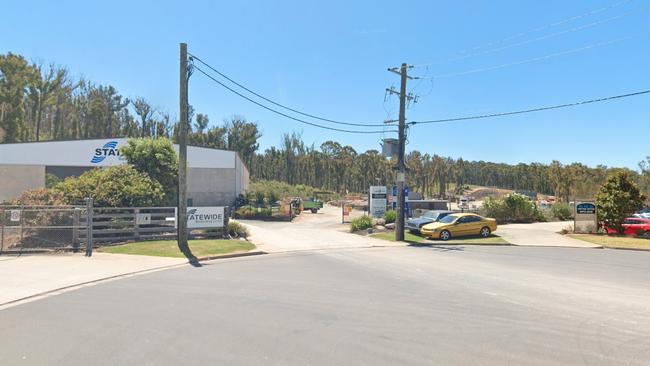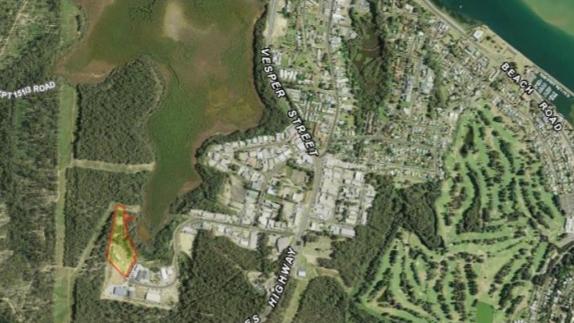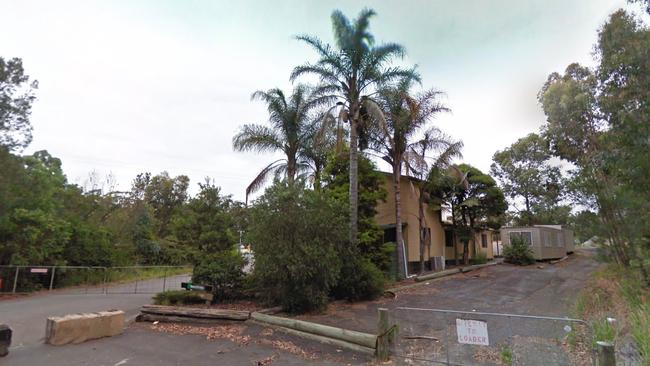Downer EDI Works plans $1.5 new factory after Mogo hit by Black Summer bushfires
Plans for a new $1.5 million asphalt factory on the south coast have been lodged - despite opposition from oyster farmers - after the original Mogo plant was destroyed by bushfires.

The South Coast News
Don't miss out on the headlines from The South Coast News. Followed categories will be added to My News.
Plans for a new $1.5 million asphalt factory on the south coast have been lodged - despite opposition from oyster farmers - after the original Mogo plant was destroyed in the Black Summer bushfires.
It is expected the new Downer EDI Works’ Cranbrook Road factory, in Batemans Bay, will produce up to 75,000 tonnes of asphalt per year if approved by Eurobodalla Shire Council.
The former plant near Mogo, which employed around 25 people, produced asphalt to surface roads before it was destroyed, forcing the contractor into using mobile asphalt plants to repair roads along the south coast.
A spokesman for the company said it has chosen the new site because it is on “vacant land in an existing industrial area separated from residential receivers”.

The move will open up land near the burnt Bimbimbie plant for future residential use, the spokesman said.
The asphalt, which will be made in shifts 24 hours per day, 7 days a week, will then be shipped for various regional projects, he said.
Work to establish the site will take around three weeks and installation of the plant and other infrastructure two weeks, meaning the factory would be up and running five weeks after being approved.
During the development application’s public submission period earlier this year, the NSW Government and community members had been concerned about the plant’s potential risk to water quality, and the potential impact on the Batemans Marine Park, coastal wetlands and the oyster industry.

The NSW Department of Primary Industries had concerns over the plant’s proximity to habitat protection zones for the marine park, which was not mentioned in the initial environmental assessment for the development application.
Downer has now agreed to treat any storm water run-off before it enters nearby McLeods Creek.
The company spokesman said it would “prevent spills of substances that could negatively impact on the water quality of McLeods Creek and to contain any accidental spills that may occur”.
“Therefore, the project will not impact negatively on the biological diversity or health of the Batemans Marine Park,” he said.
“The only key potential risk to the Batemans Marine Park from any industrial development within the Cranbrook Road industrial precinct, is the quality of stormwater run-off.”

The department as well as oyster farmers on the Clyde River also had concerns about possible impacts on the booming local oyster industry.
“The contamination of oysters with fuels and chemicals would only occur in the event of a major spill on the site that results in concentrations of pollutants at the oyster lease area that exceed current background levels,” a spokesman for Downer said.

A collective of oyster farmers submitted to the council that the factory was “inappropriate” for the area.
“We believe that the proposed land use could have lasting or catastrophic impacts on the biophysical environment of the adjacent wetlands that could result in loss of ecological integrity, flood mitigation, release of acid sulfates and consequently affect the health of the estuary,” the collective said in a statement.
“These impacts would therefore have an adverse effect on the health of oysters and the consumers of those oysters.”




